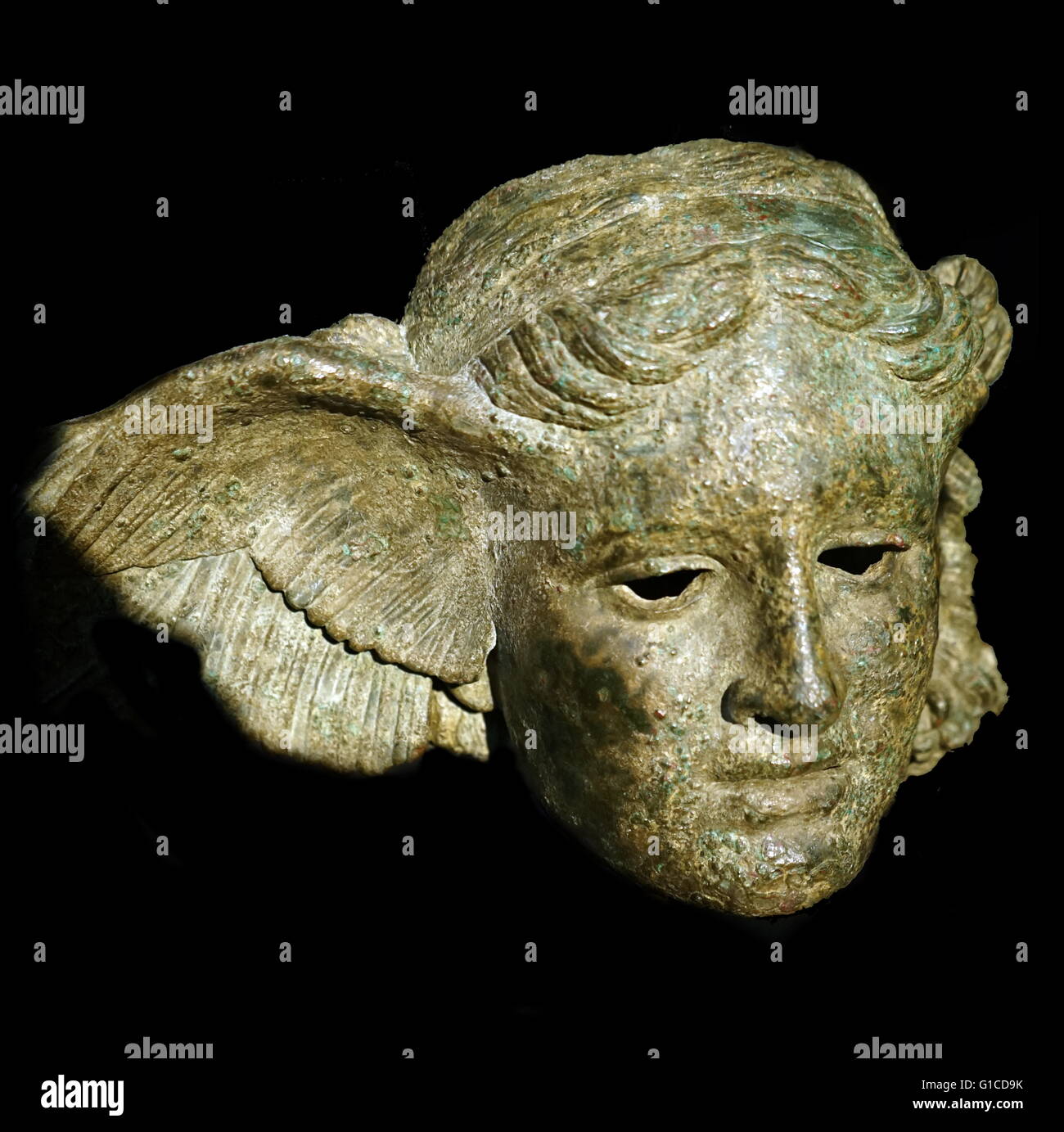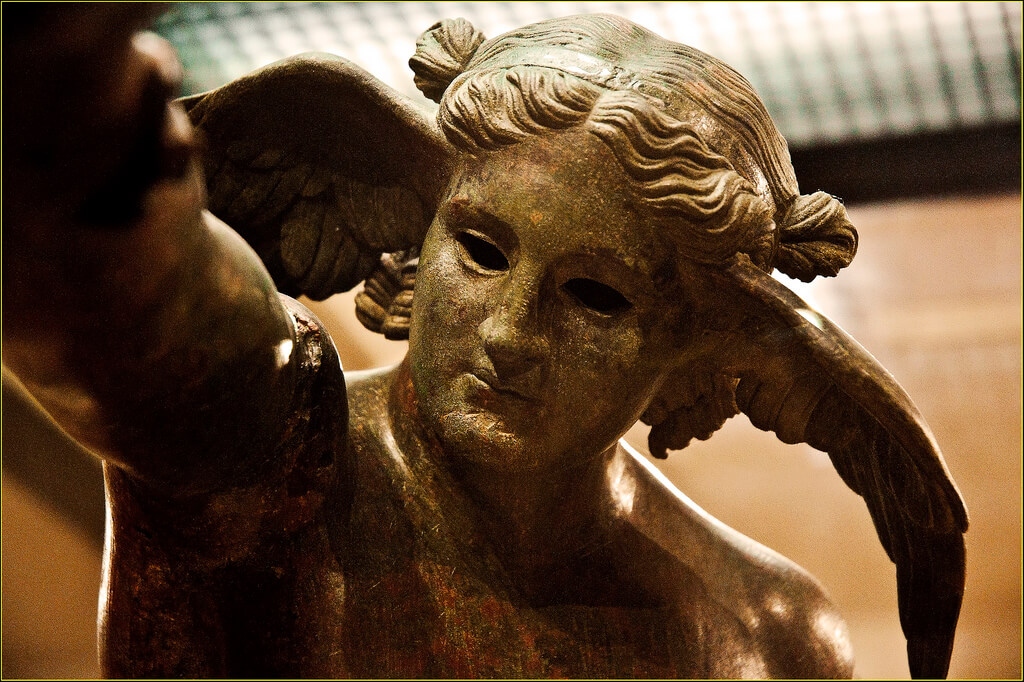

Iris as Ambassador in the Realm of Hypnos by Giulio Carpioni (1655–1660) Nor bearded ears in fields, nor sands upon the shore.

Stuff’d with black plumes, and on an ebon-sted:īlack was the cov’ring too, where lay the God,Īnd slept supine, his limbs display’d abroad:Īnd mock their forms the leaves on trees not more, On creaking hinges turn’d, to break his sleep.īut in the gloomy court was rais’d a bed, No door there was th’ unguarded house to keep, Night from the plants their sleepy virtue drains,Īnd passing, sheds it on the silent plains: The palace moats, and o’er the pebbles creeps,Īnd with soft murmurs calls the coming sleeps.Īnd all cool simples that sweet rest bestow Nor setting, visits, nor the lightsome noon Later authors gave more picturesque accounts of Hypnos’ home, describing it as nestled in some remote corner of the world and blossoming with all kinds of soporific plants: But from an early period, Hypnos was also associated with the Aegean island of Lemnos. According to Hesiod, the god of sleep lived with his mother Nyx and his brother Thanatos in the dark depths of the Underworld. There were different accounts of where exactly Hypnos made his home. He was also occasionally imagined as the companion of Eros. In some later accounts, he was said to be a follower of Dionysus. The Oneiroi (“Dreams”), for example, were sometimes described as his subjects. In addition to his mother Nyx (“Night”) and his twin brother Thanatos (“Death”), Hypnos had a number of close associates among the gods. Moreover, as the bringer of dreams, Hypnos was sometimes viewed as a deceptive god.

On the other hand, Hypnos was closely connected with death-Thanatos, death personified, was his twin brother, after all-and he could therefore be menacing. On the one hand, he was a gentle, kindly force-the embodiment of sweet sleep and a liberator from care and anxiety. He could also bring sleep to gods or mortals by covering them with a veil, or even with his mere presence. The god would typically approach people from the air and could induce sleep using any number of attributes: his wings, a twig, a wand dipped in the waters of the River Lethe, or a horn filled with sleep-inducing drugs. According to the poet Hesiod, he “roam peacefully over the earth and the sea’s broad back and kindly to men.” Gentle Hypnos was typically described as handsome, youthful, and winged (his wings, at least in some accounts, were said to grow out of his temples). He was thus regarded as an extremely powerful deity. He was responsible for bringing sleep to all living things, both mortal and immortal. Hypnos was the god or daemon who personified sleep. In Roman culture, Hypnos was called Somnus or Sopor (Latin words for “sleep”). Hýpnos) is the Greek word for “sleep.” It is ultimately derived from the Proto-Indo-European * sup- no-, also meaning “sleep.” The name “Hypnos” (Greek ῞Υπνος, translit.


 0 kommentar(er)
0 kommentar(er)
